If you’ve been in the anime community for a while, you may have heard the word isekai floating around. It refers to a Japanese anime genre where the main protagonist is sent to a different world. Shows like Sword Art Online, The Devil Is a Part-Timer, and No Game, No Life exemplify this genre. Even the Netflix live-action adaptation of Alice in Borderland falls into this category.
Isekai has become a dominant genre in the anime scene, and the word’s origins might have been forgotten by many. What does the word isekai mean? And how did it end up being the go-to term for anime and Japanese titles where our protagonists end up somewhere else?
What does the term ‘Isekai’ mean for anime?
Time for a fun Japanese lesson. There is a simple reason why isekai became the name of this popular anime genre. According to Jisho.org, isekai translates to “another world” or “parallel universe.” In Japanese kanji, the word is written like this: 異世界. When you break it down, 異 (i) is the kanji for “different” or “strange.” Meanwhile, 世界 (sekai) meant “world” or “society.” Therefore, isekai’s English definition.
This is why shows like No Game, No Life, and Sword Art Online fall into this category. The protagonist is sent to another world through other means. Usually, it’s through trucks and cars crashing onto them. But other forces, like Gods or technology, tend to be in play as well. Either way, the person gets sent somewhere unfamiliar — you can say, a different world.
Hopefully, learning the meaning of the word isekai would provide a better appreciation for the popular Japanese genre.

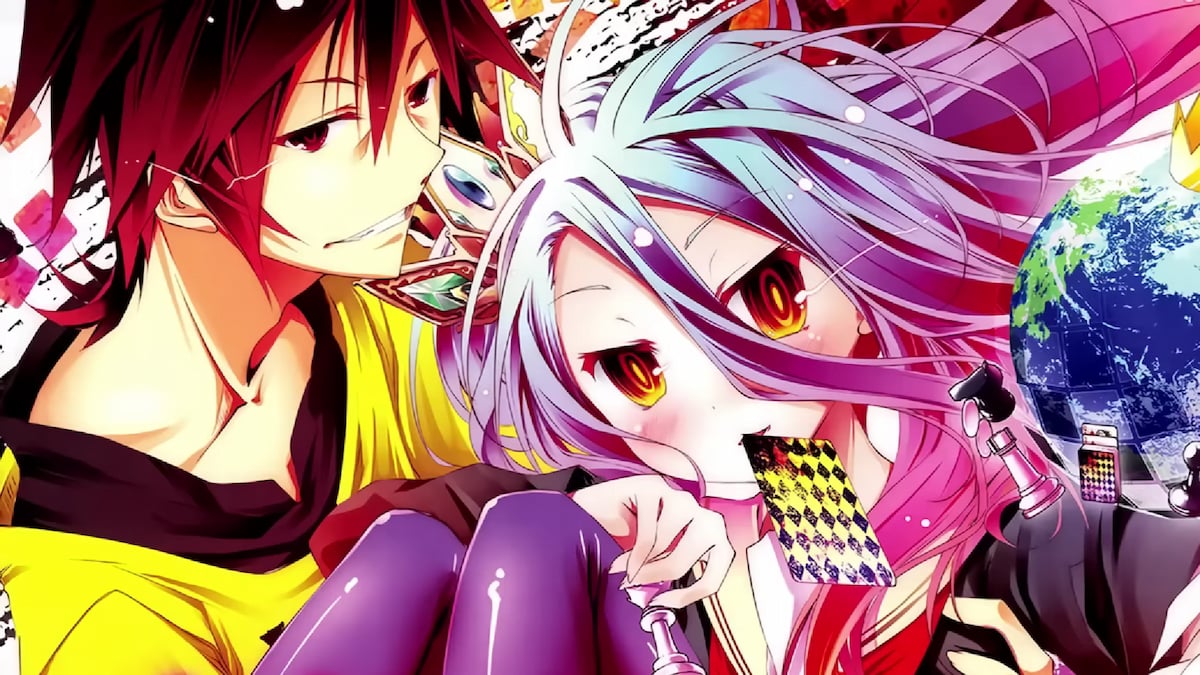

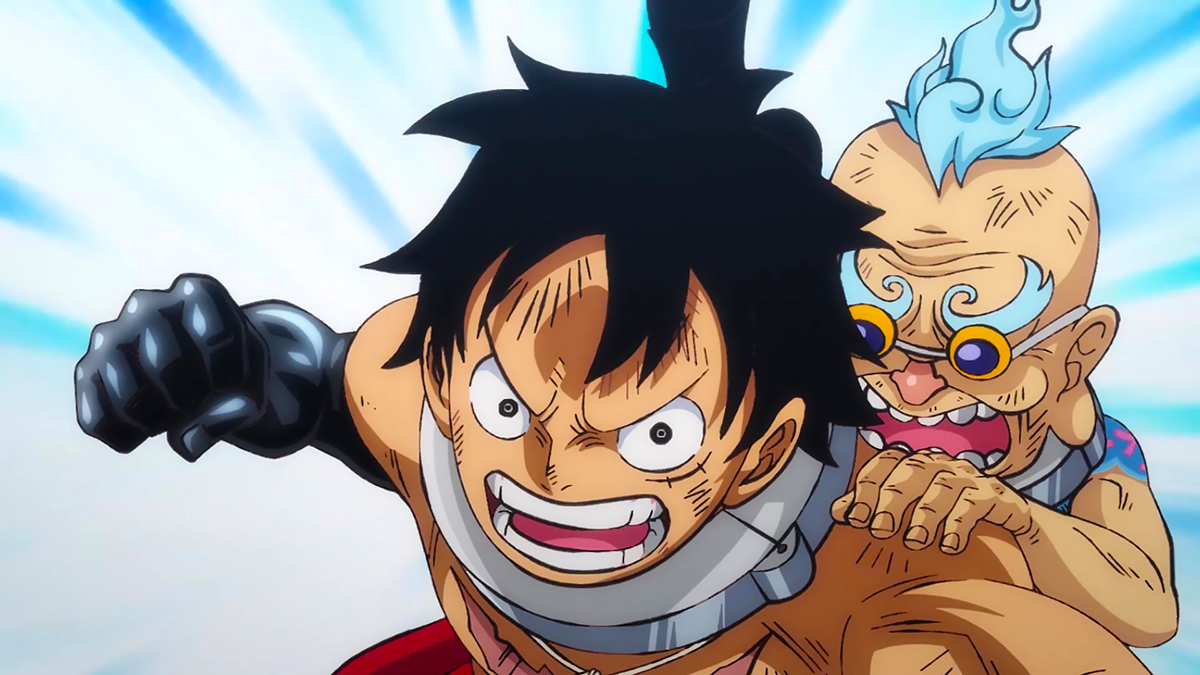

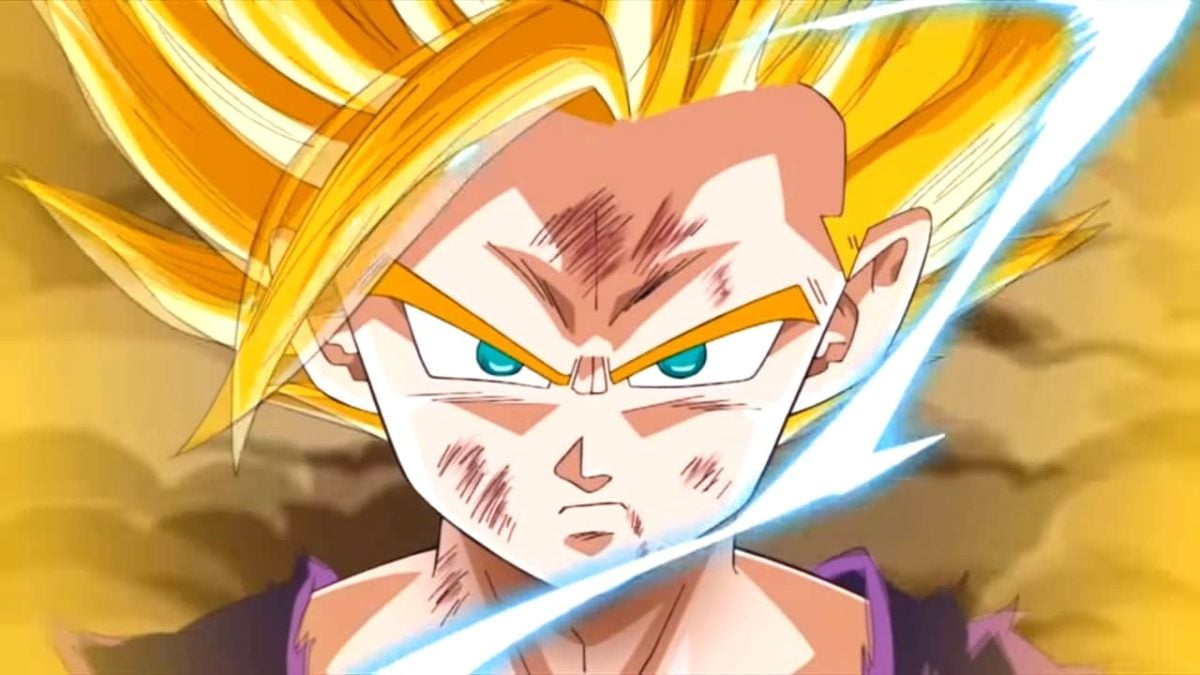
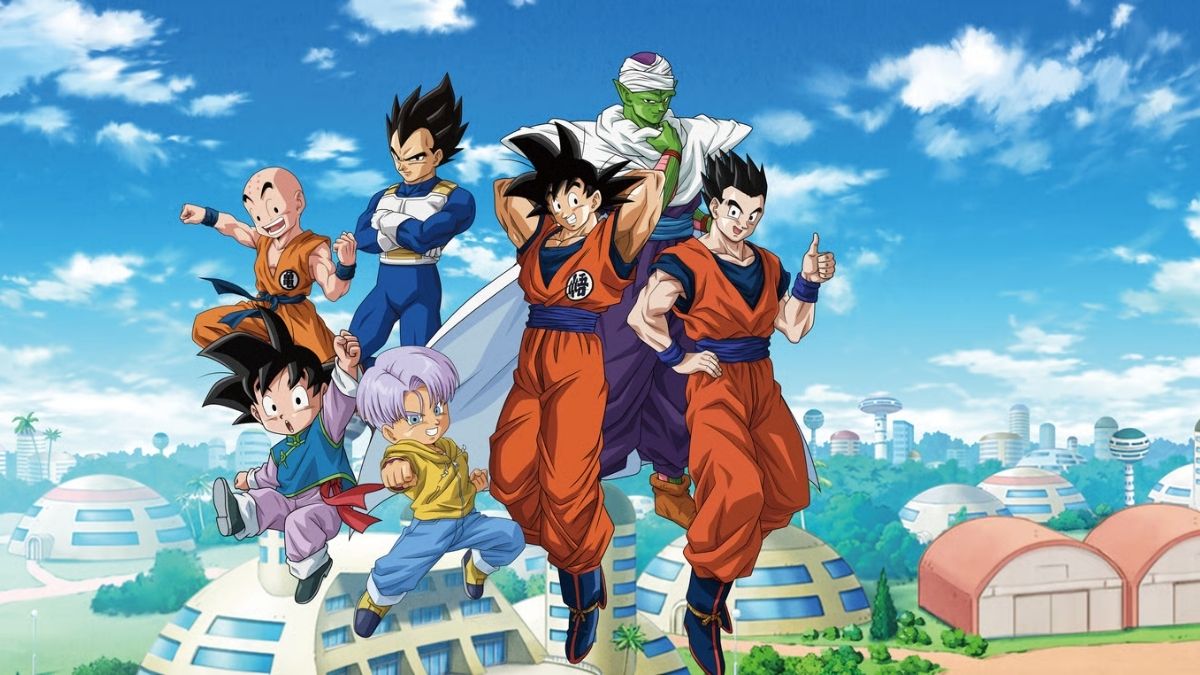
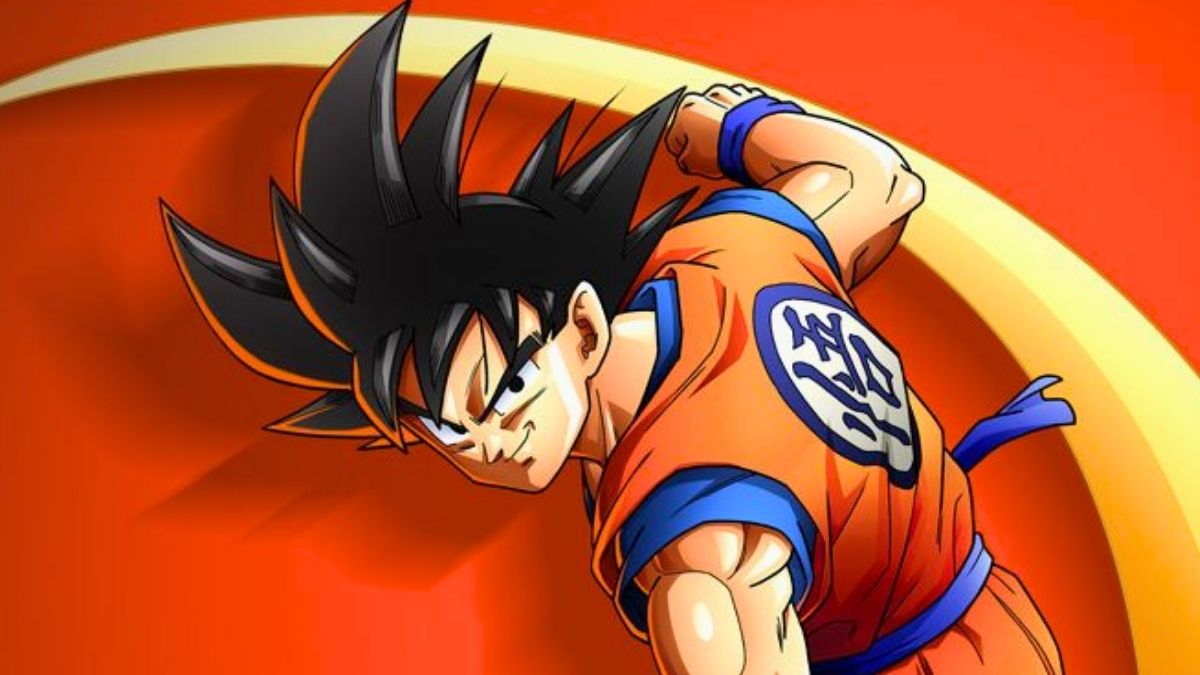
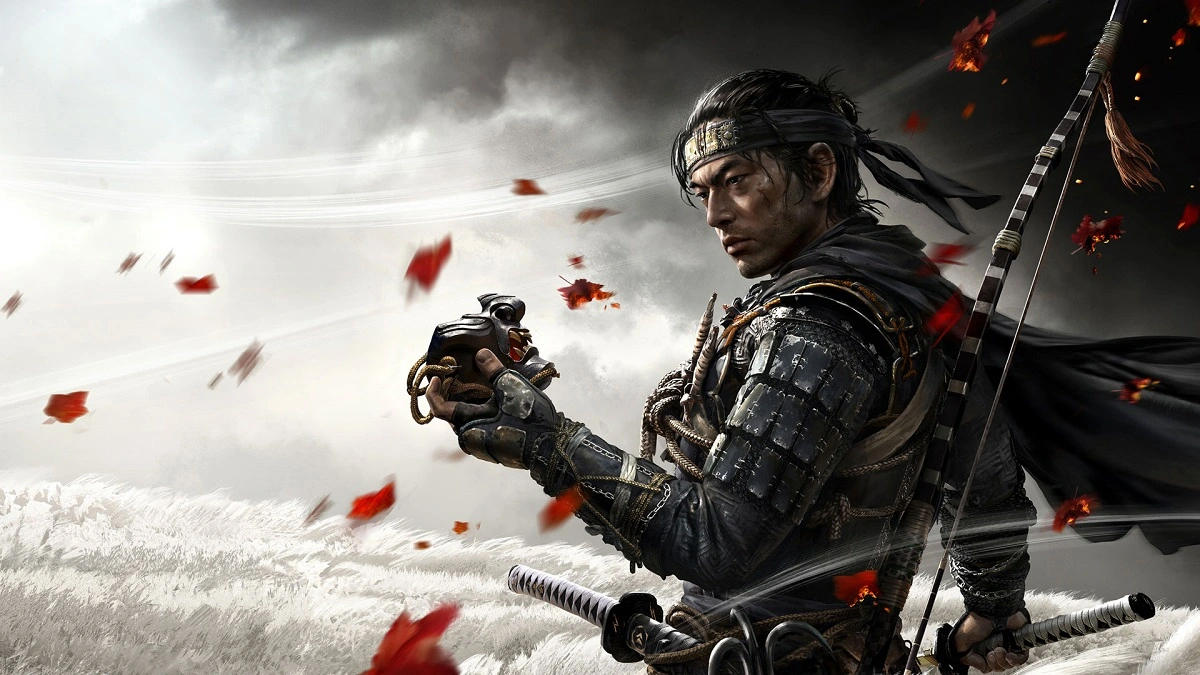
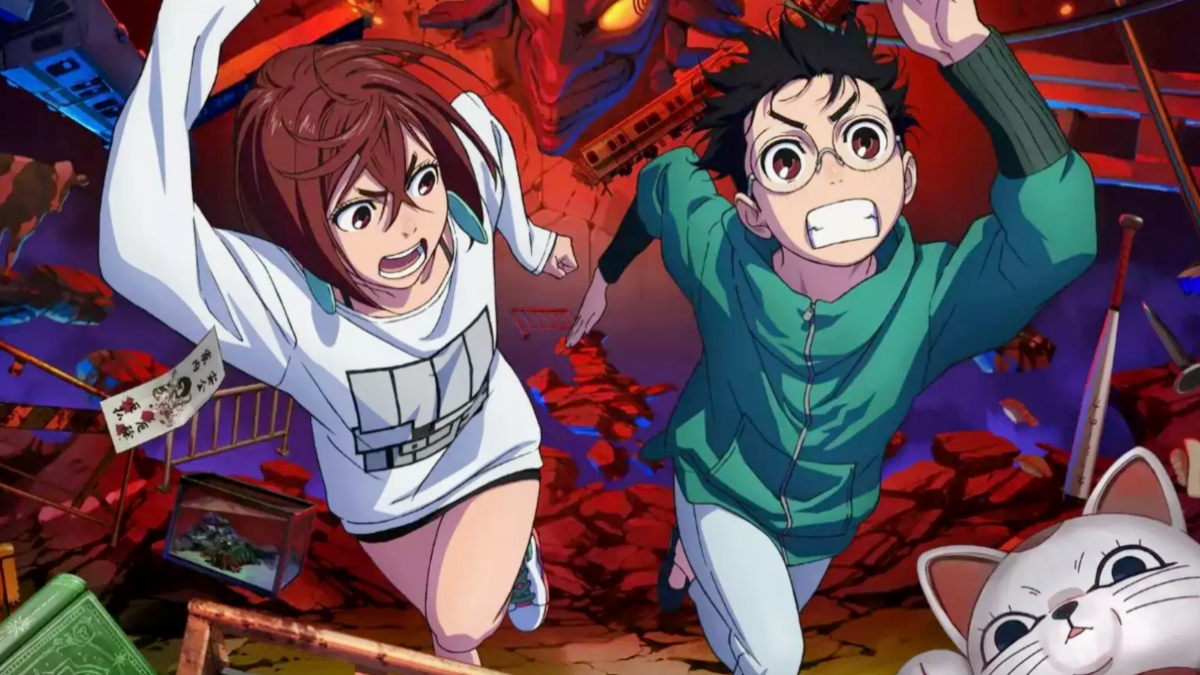
Published: Jul 3, 2023 07:18 pm